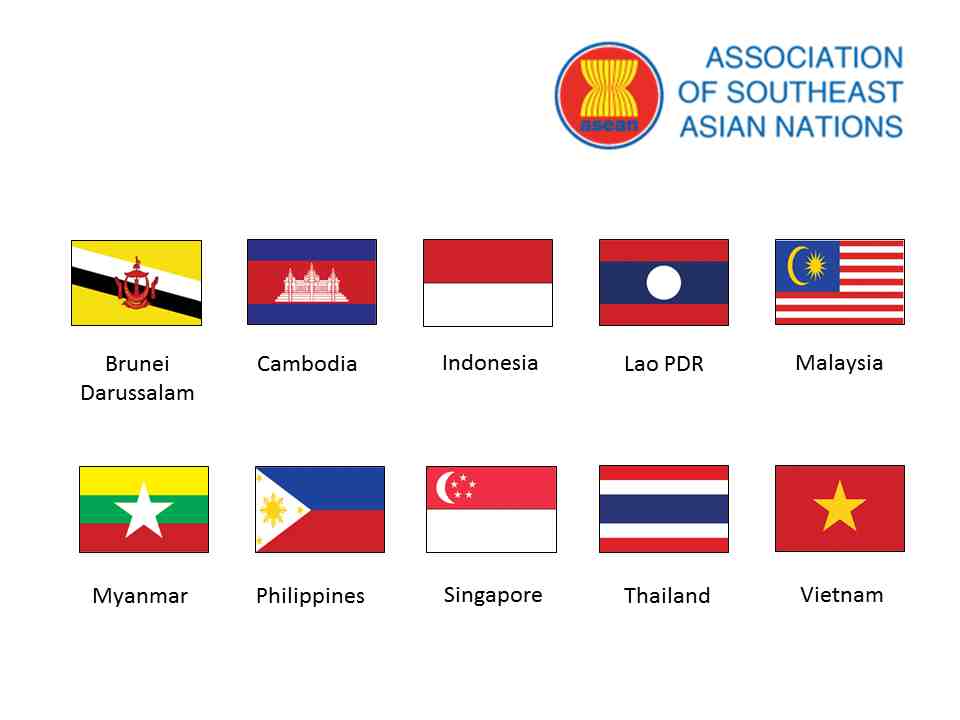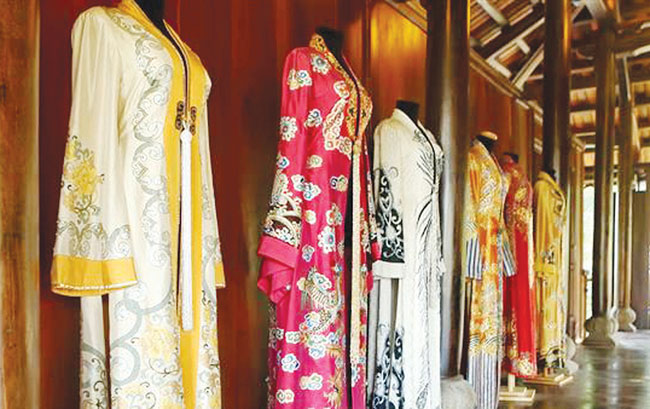Week 10 - Viet Nam As Concept and New Viet Nam Studies
As my experience in ASA150E comes to a close, to reflect on my understanding that I have developed over the past ten weeks makes me realize that I am glad that I was able to have the opportunity to take this class. This class, in a way, was able to cover those holes within in my life that I would consider being missing - those unanswered questions, those puzzle pieces that did not seem to fit right - and while there are some that are still in the process that needs to be filled, I am glad to have a good set of knowledge and understanding to work from here on out. Throughout this course, I have developed my concept of the Viet Nam War.
I admire the way how this class is structured in a way, rather than going through the hxstories of each Southeast Asian country and discussing about such, the class in a way proposed me a challenge that I offered me the means to play around with - exploring different perspectives of the way, criticizing these different perspectives, how those involved whether people or actions affect those today in a contemporary sense, and so much more. Growing up, I had only grown with a few perspectives in mind: my parents and my extended family, the textbooks in history class, and being a participant to several Southeast Asian conferences. Though a good amount of information was given to me, it challenged the way I looked at my own hxstory when I was in this class - challenging the anti-communist view that surrounded me growing up in a Vietnamese-American community, challenging the way I spelled 'Vietnam', challenging to view aspects within my life that were affected by the effects of the war such as diaspora, and so much more.
When I look back at the Southeast Asian community, I can see there is a lot of potential and ways that the community could move forward and thrive, rather than being focused on a war-torn region - such as how can we uplift and embody these varieties of narratives in spaces such of education and more, how can we create change to the issues that us Southeast Asians face such as deportation and the lack of equity, how can we allow Southeast Asia to flourish through the insertion of resources offered at the university level like language classes and more. I am proud to be offered a class such as ASA150E, understanding that some students may not even have the opportunity to relearn their hxstory. I am proud that through our learning in ASA150E that we are not only able to learn for ourselves, but we are able to share that to the general public too, as we should, through our art exhibit: "Viet Nam War as Concept: A Journey of (Re)Discovery". I am so looking forward to that this Thursday!
Closing this blog, I would like to propose an open-ended question: what does it mean to be Southeast Asian and how could we broaden up our definition of what it means to be Southeast Asian to other countries and folx of the Southeast Asian region?
SAFE's Southeast Asian Youth Conference 2020 (mentors)




